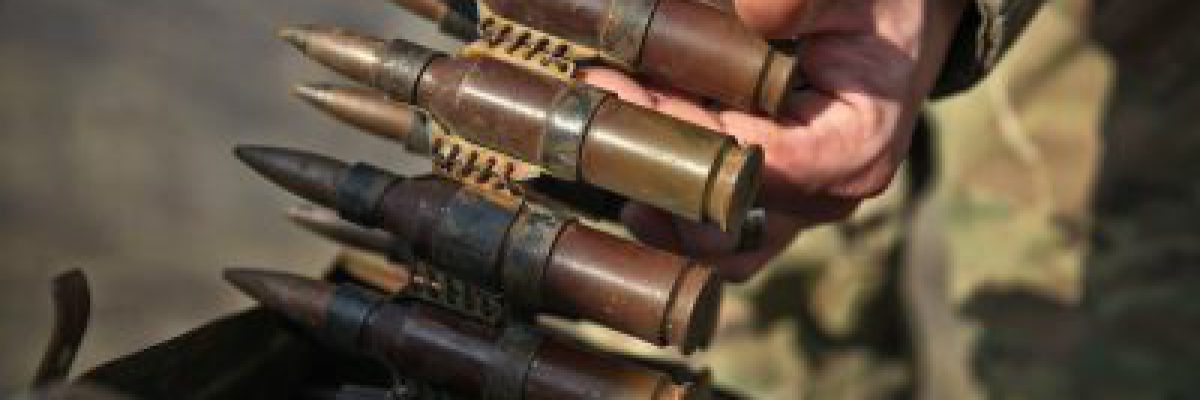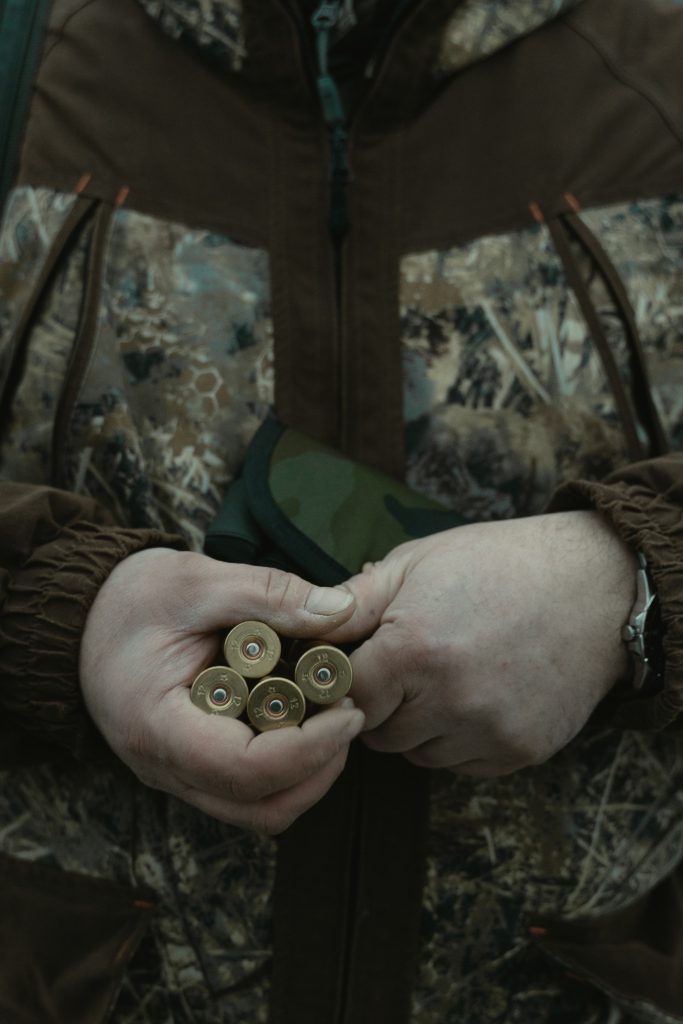The Russian president, Vladimir Putin, was right about Ukraine, at least in some aspects. We are talking about the historical fact that every significant and dangerous invasion into Russia’s territory in the past 500 years came from the west.
There are plenty of examples: the Polish invasion at the end of the 16th century (under the guise of supporting one of the sides in the civil war) which was nearly the end of Russia, the Swedish invasion in 1708, the French invasion under Napoleon’s lead in 1812, the Crimean war in 1853-1856 when England and France invaded the Crimean peninsula, the German invasion during the first world war, and of course the German invasion during the second world war. These invasions reached deep into the heart of the old grand duchy of Moscow (and in both cases managed to seize Moscow itself). Therefore they are scorched in the historical Russian collective as invasions that risked Russia’s existence (besides the Crimean war). It is important to mention that Russia fought many wars on its eastern borders too, such as the wars with Persia, Japan, and the Ottoman Empire (although it is still debatable whether the last one counts as one of Russia’s ‘eastern problems’). Most of these wars had victories for Russia, and it is safe to say that in the last 500 years, Russia did not experience any threatening invasion from this direction.
I assume that President Putin, who is said to have a vast knowledge of history, especially Russia’s history, is aware of all the facts I just presented. Putin posted an article this past July, which assumingly he wrote himself, that showed a vast knowledge of Russian history (although it lacked the understanding of processes in history). On this aspect, the Russian paranoia of Ukraine joining NATO, and by that helping the western forces get closer to the Russian motherland, is fully understandable.
True, some of the wars that led to the western invasion into Russian territories were derived from the foolishness of the Russian leaders that got their own country entangled in unnecessary wars, and not an “evil western plot”. And yes, it is true that the chances of western forces invading Russia now, or in the next few years, is most likely close to nothing. And yes, it seems that the conflict today is, amongst other things, due to President Putin’s wish to revive the ‘Soviet Empire’ days and silence inner problems. There is no doubt the historical trial, in a certain aspect, certainly supports President Putin’s stance, which intensively objects to the possibility of stationing western military forces in Ukraine or Ukraine joining NATO. We should mention that this wish to create a type of ‘defense line’ is what caused Stalin (who also had vast knowledge of history) to create vassal countries in eastern Europe (Hungary, Romania, Poland, East Germany, etc.) that would make a division between the U.S.S.R to the west after the second world war.
It seems President Putin learned Russian history well and acts by the saying: “one who does not know the past is sentenced to relive it again”. He should remember, though, that knowing history is a double-edged sword: a man can never know if the lesson he learned from history will be right for the time we live in now. And for what we were saying– on one hand, there is no doubt that history does teach us that the severe invasions into Russia came from the west, but on the other hand, history also teaches us that every leader, especially a Russian leader, needs to be very careful before he climbs the tall tree known as “war”. Although the Russian army has a terrifying reputation, the god Mars is not always on their side: for example, the Japan – Russia war of 1904 (that actually started in an aggressive Japanese act, but was derived from the foolishness of the Russian diplomacy) ended in an embarrassing loss for Russia, the winter war between Russia and Finland at the end of the 30’s of the 20th century, might have ended in victory for the Russians, but with major losses for the Russian forces, and of course, what is known as “the worst decision in history”- the decision of Czar Nicholas the second to declare partial recruitment of the Russian army in 1914, which led to the domino effect that brought all of Europe to the war, and made the Czar lose his seat and his life. In the words of Noam Chomsky: “There is a good reason no one learns from history, it simply teaches you too much”.








